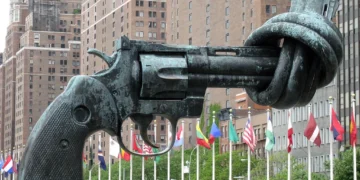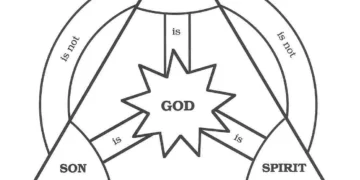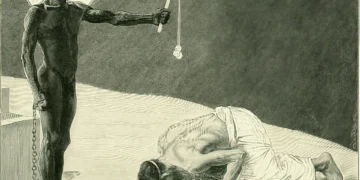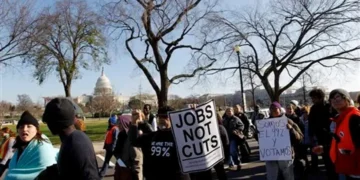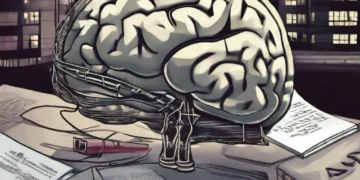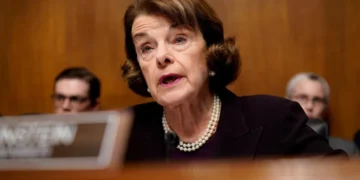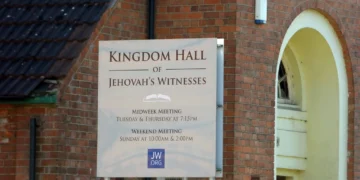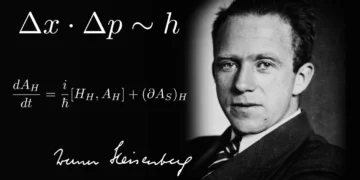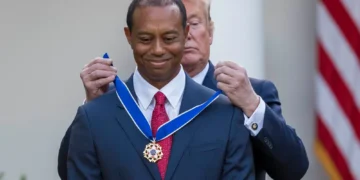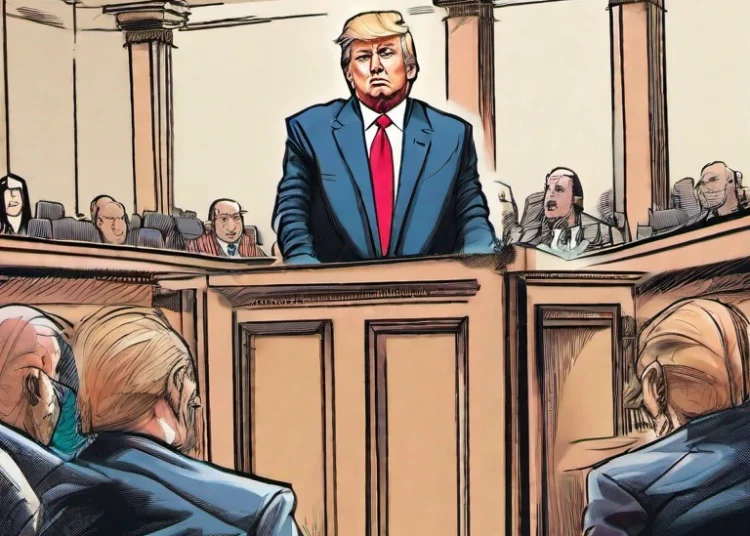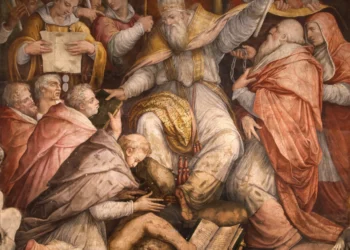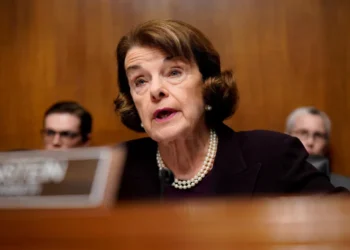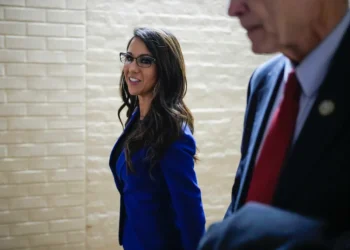As the political landscape continues to captivate the nation, the impending trial of former President Donald Trump has become a momentous event, with wide-ranging implications for the United States. This article aims to provide a succinct summary of the evidence that is likely to be presented during the trial, shedding light on the key allegations and their potential impact.
1. Incitement of Insurrection
The central accusation against Donald Trump revolves around his alleged role in inciting the violent siege of the United States Capitol on January 6, 2021. Prosecutors are expected to argue that his statements during a rally preceding the attack, characterized by calls to “fight like hell,” encouraged his supporters to undertake unlawful actions. The presentation of witness testimonies, video footage, and social media content may form a significant portion of the evidence, illustrating the continued influence Trump had over his followers.
2. Impeachment Defense
Trump’s legal team is likely to contest the allegations of incitement of insurrection by focusing on his right to free speech and emphasizing the lack of explicit incitement in his remarks. They may also argue that the former president cannot be held solely responsible for the actions of individuals who engaged in violence during the Capitol breach. The defense’s task will be to challenge the prosecution’s narrative and undermine the credibility of their evidence.
3. Background of Election Disputes
The trial may touch upon claims made by Trump and his allies regarding widespread election fraud during the 2020 presidential election. Although these claims have been repeatedly debunked and dismissed by election officials and courts, they formed a significant part of the rhetoric leading up to the events on January 6th. The prosecution might present this context to help establish a motive for Trump’s alleged incitement.
4. Legal Precedence
The trial presents a unique case that straddles the line between free speech and incitement. The evidence will be evaluated against legal standards set by previous cases. Notable precedents include the Brandenburg v. Ohio Supreme Court ruling, which established the “imminent lawless action” test, and the First Amendment principles protecting political speech. The manner in which the defense and prosecution interpret and address these precedents will be crucial in shaping the outcome of the trial.
5. Political Ramifications
Beyond the courtroom, the trial bears significant political implications. Its outcome could shape Trump’s political future, potentially impacting his ability to run for public office in the future. Additionally, the trial could serve as a turning point in American politics, influencing public opinion, and shaping the future discourse of the Republican Party.
A Landmark Moment
As the trial of Donald Trump approaches, anticipation and speculation continue to mount. The evidence presented during the proceedings will be pivotal in determining the former president’s culpability for the events of January 6th, with far-reaching consequences for both legal and political realms. As the numerous allegations are examined, the nation stands to witness a landmark moment in American history, one that will shape the trajectory of the country for years to come.
